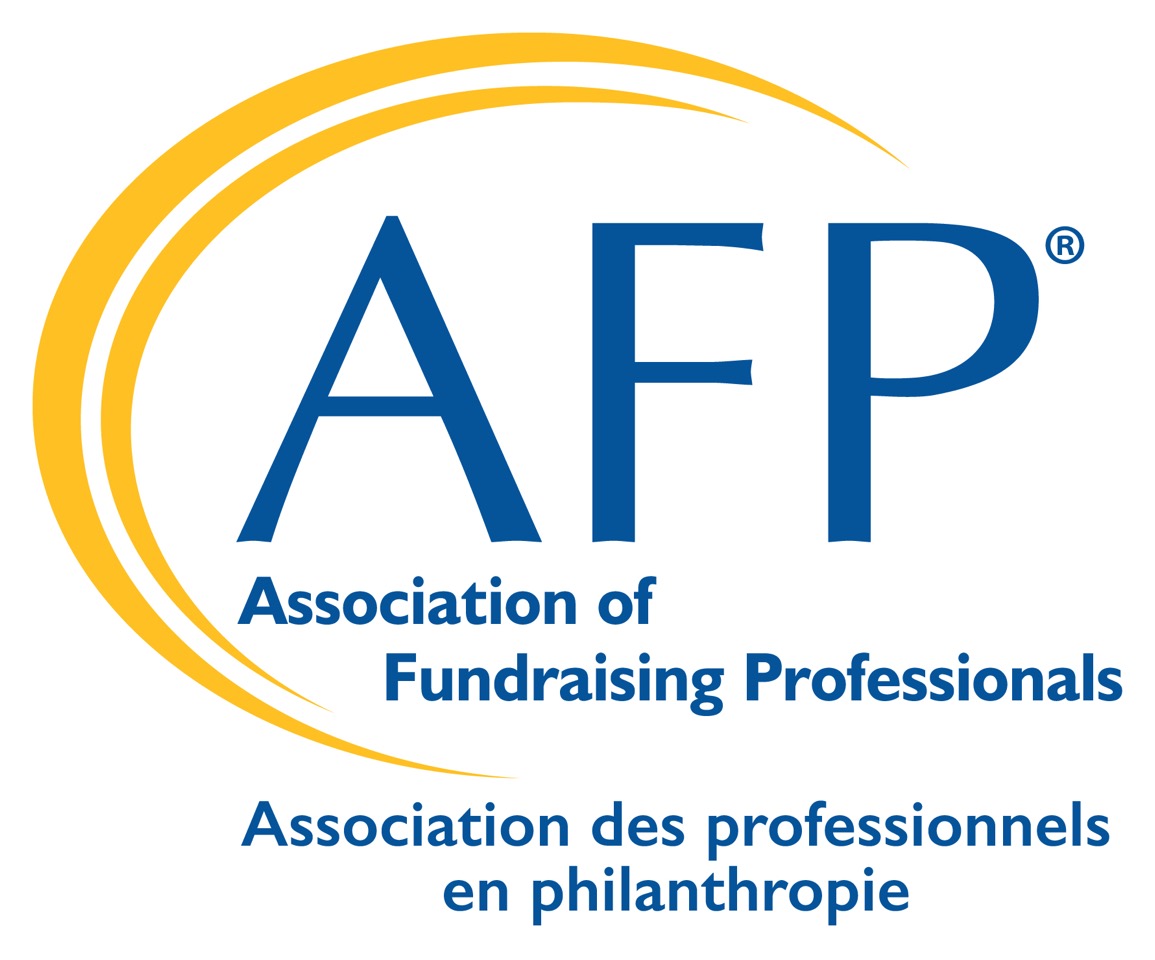AMT – What is it and why should fundraisers be concerned?

If you are a fundraiser in Canada you’ve probably heard about the AMT, Alternative Minimum Tax, and you’re likely very worried about it! AFP Canada shares your concerns, and we are continuing to reach out to government to encourage them not to move forward with these planned changes.
We expect that many of you have questions. Understanding the Alternative Minimum Tax, it’s potential impact on donations, and how best to talk to donors about this is challenging so we have pulled together some resources that we hope you will find helpful.
What exactly is the AMT and why should I be concerned?
The AMT is an alternative tax calculation that the federal government uses to ensure everyone pays a minimum amount of tax. Imagine Canada explained it as follows “When determining the amount of tax an individual must pay, the Canada Revenue Agency (CRA) performs two calculations: the regular calculation, and the Alternative Minimum Tax calculation. The higher of the two amounts is what the individual must pay.”
The 2023 federal budget announced significant changes to the AMT which are scheduled to take effect on January 1, 2024. The two proposed changes that will impact donations are the following:
- The government proposes to include 30 percent of capital gains on donations of publicly listed securities in the AMT base, mirroring the AMT treatment of capital gains eligible for the lifetime capital gains exemption. The 30-percent inclusion would also apply to the full benefit associated with employee stock options to the extent that a deduction is available because the underlying securities are publicly listed securities that have been donated.
- Currently, most non-refundable tax credits can be credited against the AMT. The government proposes that only 50 per cent of non-refundable tax credits would be allowed to reduce the AMT, subject to certain exceptions.
“For the first time AMT will apply to charitable donations from high-income individuals, which is worrying for charities and donors,” shared Malcolm Burrows in a recent article which provides an excellent summary of this issue. “The most penalized group of high-income taxpayers will be those selling a business or other capital asset and who wish to make a large donation in the same year as the sale.”
But they will not be the only group that feel the effects of the changes to the AMT. These changes will be felt by donors when the AMT is triggered.
It is worth noting that not all donors pay their tax based on the AMT calculation. According to Imagine Canada “Although the alternative calculation is performed for everyone, the AMT is only triggered when the AMT calculation returns a higher amount than the regular calculation. Whatever the case, individuals pay either the regular amount or the AMT amount – never both.”
AFP Canada is deeply concerned about the federal government’s proposed change to the AMT on donations and the profound impact this change will have on fundraising, donations, and most importantly, those served by charities.
“The proposed changes will reduce the motivation for gifts of publicly traded securities, which will impact donations to charities, including private foundations and granting organizations,” explained Aaron Sanderson, CFRE, ACFRE, chair of the AFP Canada government relations committee. “The impact to the charitable sector is expected to be negative and significant—at a time when Canadians report they will look to this sector for support more than ever before.”
Aaron continued to explain that “while this proposed change to the AMT is intended to impact high-income individuals, it will significantly impact some of the most vulnerable members of our communities across the country—those who rely on charities.” The number of Canadians who expect to rely on charities this year to meet their basic needs is 22%, which is over 8.8 million people based on latest population estimates. “What is certain is that this legislation will significantly impact giving for the foreseeable future.”
What should I do?
While AFP Canada and many others in our sector continue to raise awareness about this issue with government officials, there are a number of ways that you can help:
1. Let the government know you are VERY concerned about these changes.
2. Send a letter to a member of Parliament (English and French).
3. If you are meeting with any federal government representatives, share your concerns!
4. Encourage others to send letters and help raise awareness of this issue.
5. Talk to your donors.
How should I talk to my donors, volunteers and colleagues?
The greatest challenge in communicating this change to your community of donors is that the amendments to AMT are complex and calculated based on the circumstances of each individual. Your donors will need to consult a trusted and accredited advisor to understand the impact to their giving.
Identify donors who give via private foundations or typically make gifts of securities, and those who are selling a business or have another significant financial transaction that may incentivize a gift of securities. Let them know about the changes and advise that they consult an accredited professional.
How can I learn more?
We encourage fundraisers and sector leaders to learn more about this issue. There is some great information available from the partner organizations who are also actively advocating on behalf of our sector on this issue as well as the articles below. We hope you find these helpful and we encourage you to share other resources as you find them. You can reach us at info@afpcanada.org.
Advocacy: AFP Canada and many sector partners are actively advocating for the government to reverse this proposed change.
- AFP Canada submission
- Imagine Canada submission
- Canadian Gift Planners Association submission and a letter in signed by 180 people in support of this submission
- Protect Canada’s Charitable Legacy: Urgent Action Needed
- Imagine Canada’s letter writing campaign: Tell the government not to weaken donation incentives (English and French)
Articles: There are a number of great articles that provide additional information. As more are published, we will continue to update this list.
- Opinion: Charities are struggling and Ottawa wants to tax donations more (Financial Post)
- Proposed AMT could discourage large philanthropic gifts (Advisor’s Edge)
- AMT and Donations (All About Estates)
- How changes to the proposed alternative minimum tax could affect charitable donations in the nonprofit sector (Imagine Canada)
- Canada: Will Charities Suffer From The Proposed AMT Legislation? (Mondaq)
- Will AMT hike affect the amount wealthy give to charity? (Wealth Professional)
- Federal budget 2023: Key measures that may have a direct impact on you (RBC Wealth Management)
- Budget 2023: Alternative Minimum Tax (McMillan)
- 2023 Canadian Federal Budget: Alternative minimum tax (Norton Rose Fulbright)
- Alternative minimum tax changes will make it harder for high-income earners to avoid paying taxes (Financial Post)


